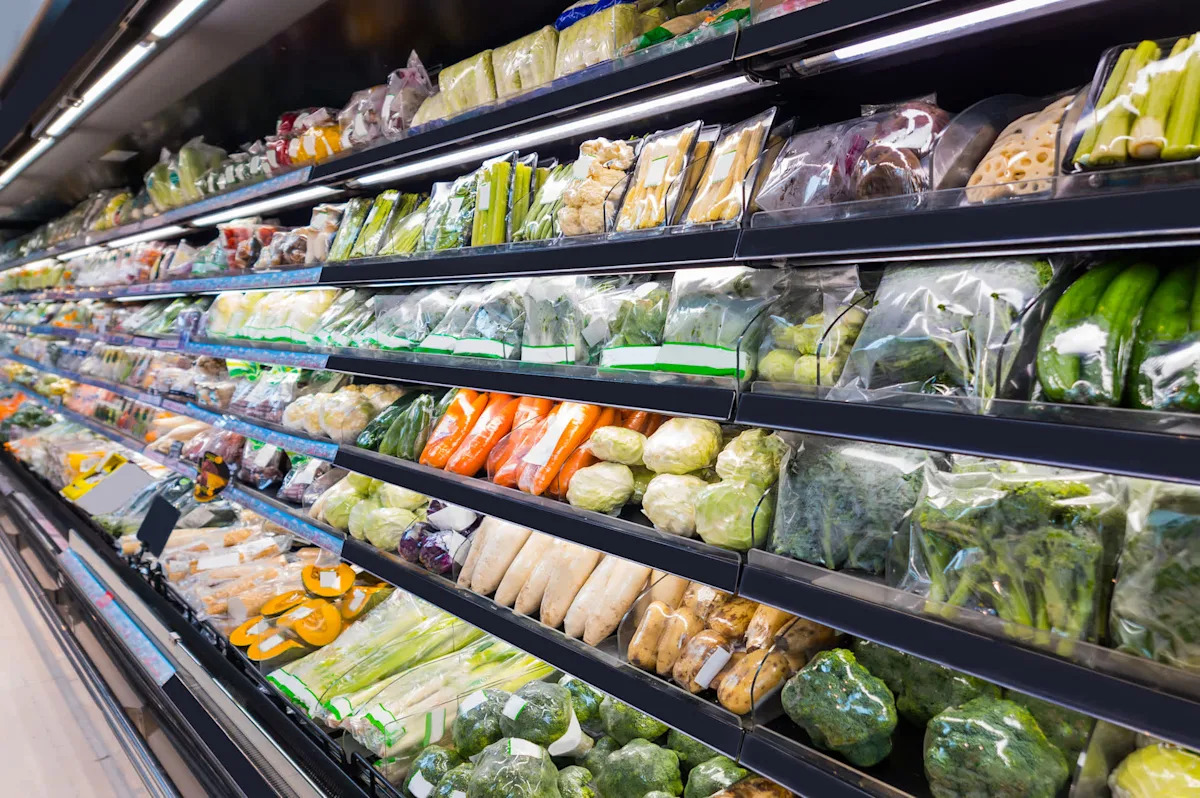Sustainability consulting firm Aura has found that shoppers in the United States and Canada are veering away from purchasing products because of unsustainable plastic packaging.
As The Wall Street Journal detailed, consumers are becoming increasingly concerned about the environmental impact of plastics.
“This data is a wake-up call,” Gillian Garside-Wight, director of consulting at Aura, told the publication.
The firm’s research found that 37% of North American consumers decided against purchasing a product because it was not packaged sustainably.
Some 80% of respondents thought that brands were using too much packaging, but only 57% saw a direct link between packaging waste and the effect it is having on the climate.
Even so, how a company packages its products is becoming more important to North American consumers and has become a test of their environmental commitment — or lack thereof.
The WSJ observed that Coca-Cola, Unilever, General Mills, Kraft, Heinz, and Eastman, among other companies that signed the 2020 U.S. Plastics Pact to reduce plastic waste, are cutting back on their goals instead of cutting back on plastic.
Goals included phasing out plastic straws and cutlery, eliminating PFAS (also known as forever chemicals), recycling or composting half of plastic packaging, and making 100% of plastic packaging reusable, recyclable, or compostable by 2025. The goals have now been pushed to 2030.
Plastic waste ends up in landfills, where it can release toxic chemicals into the soil and water supply. It does not completely break down, but it breaks apart into tiny particles called microplastics, which are highly pervasive.
They have been found everywhere, from the air to the ocean and even inside our bodies. Scientists are studying the effects they are having on the environment, as well as on human and animal health.
It is good news that North Americans are taking plastic waste and its environmental impact more seriously. If product and packaging manufacturers do not take sustainability seriously, they risk losing customers.
Garside-Wight said that “consumers are clearly making decisions based on whether businesses are serious about sustainability.”
We can hope that the threat of monetary loss will motivate companies to make sustainability a priority, even if protecting the environment does not.
Join our free newsletter for good news and useful tips, and don’t miss this cool list of easy ways to help yourself while helping the planet.

